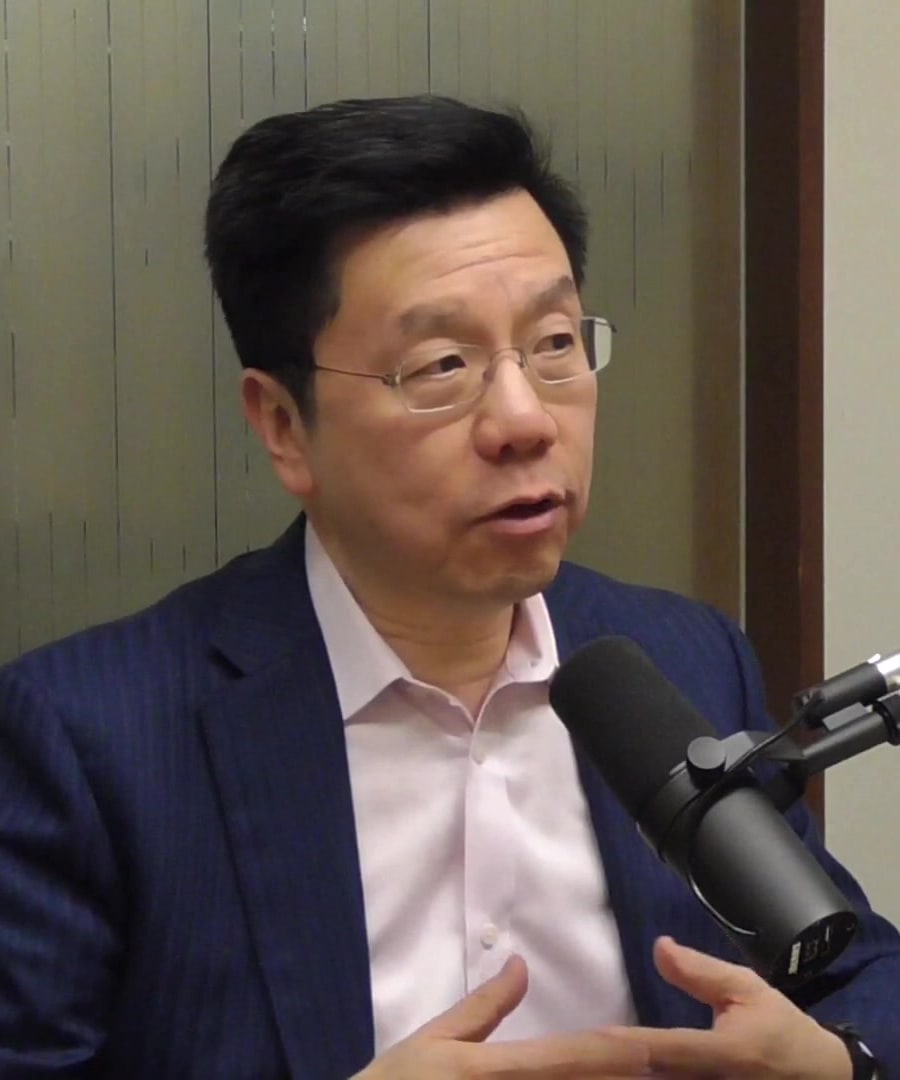AI jobs
Sources:
The impact of AI on jobs is a significant and multi-faceted issue discussed by experts across various podcasts. Here are some key insights:
-
Widespread Job Impact: The IMF reports that around 40% of jobs globally and 60% in advanced economies like the US could be affected by AI. This includes both job augmentation and job displacement, potentially exacerbating inequality. Higher income workers might benefit more, while others could face reduced hiring and wages 1.
-
Job Displacement and Creation: AI is expected to replace many traditional jobs, but it will also create new opportunities. By 2025, about 80 million jobs may be replaced, but over 90 million new jobs could emerge, requiring a redesign of job roles 2.
-
Future Workforce Needs: Future job markets will see significant gaps and new roles due to AI. By 2030, while there might be a gap of 85 million jobs, 90 million new AI-related jobs could be created. This includes roles in AI ethics, data science, and generative roles, emphasizing the need for workers to upskill in AI 3.
-
Industry Specific Jobs: Healthcare services are expected to see substantial job growth due to AI advancements. Roles like nurses and elderly care workers will see an increase, while jobs like cashiers or assembly line workers might be more likely to face automation 4.
-
Company Strategies: Companies are already adapting by cutting jobs and not filling roles due to AI advancements. Notable examples include IBM, Google, UPS, SAP, and Cisco, all reducing their workforce to focus on AI technologies 5.
In summary, while AI will indeed displace certain jobs, it will also create new opportunities, particularly in high-skill areas and service-oriented roles. The job market is expected to transform significantly, requiring workers to adapt and upskill to stay relevant.
RELATED QUESTIONS-

